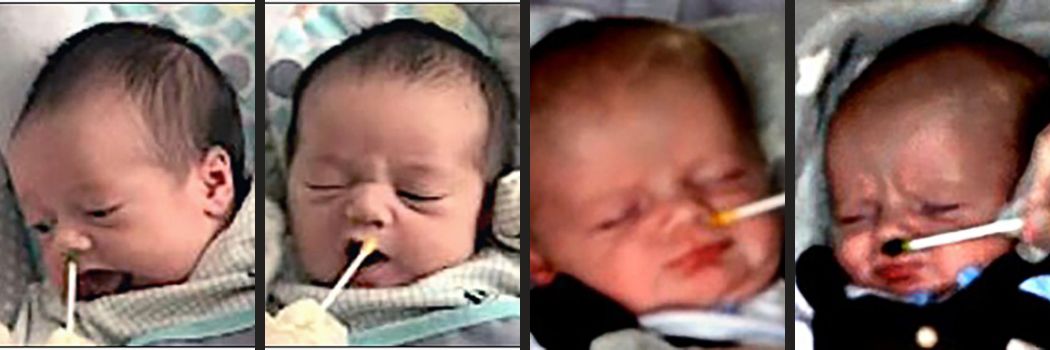
Babies show positive responses to the smell of foods they were exposed to in the womb after they are born.
The research led by our Department of Psychology could help us understand how for babies healthy eating habits might be established during pregnancy.
Exposure to kale or carrot
Researchers analysed the facial expressions of newborns who had been repeatedly exposed to small amounts of either kale or carrot in the womb.
Those whose mothers had taken carrot powder capsules while pregnant were more likely to react favourably to the smell of carrot.
Likewise, babies whose mothers had taken kale powder capsules while pregnant reacted more positively to the smell of kale post-birth.
The memory of food the mother consumes during pregnancy appears to establish a preference for those smells and potentially could help to establish healthy eating habits at a young age. This study illustrates that we need much more research on pre-natal effects on post-natal health and has the potential to educate pregnant women on how they affect their fetus.
Fetal facial expressions
The research follows a 2022 study where the same researchers used 4D ultrasound scans at 32 and 36 weeks to study fetal facial expressions.
This was after pregnant mothers had ingested a single dose of either 400mg of carrot or kale capsules.
On that occasion fetuses exposed to carrot showed more "laughter-face" responses while those exposed to kale showed more "cry-face" responses.
Newborns' reactions
The latest research studied 32 babies from the 2022 research from 36 weeks gestation until approximately three weeks after birth.
Wet cotton swabs dipped in either carrot or kale powder, or water as a control, were held under each newborn's nose. The babies did not taste the swabs.
They found that, from the fetal to newborn period, there was an increase in "laughter-face" responses and a decrease in "cry-face" responses to the smells babies had experienced before birth.
The researchers stress this is a baseline study only and that longer follow-up studies are needed to understand long-term impacts on child eating behaviour.






